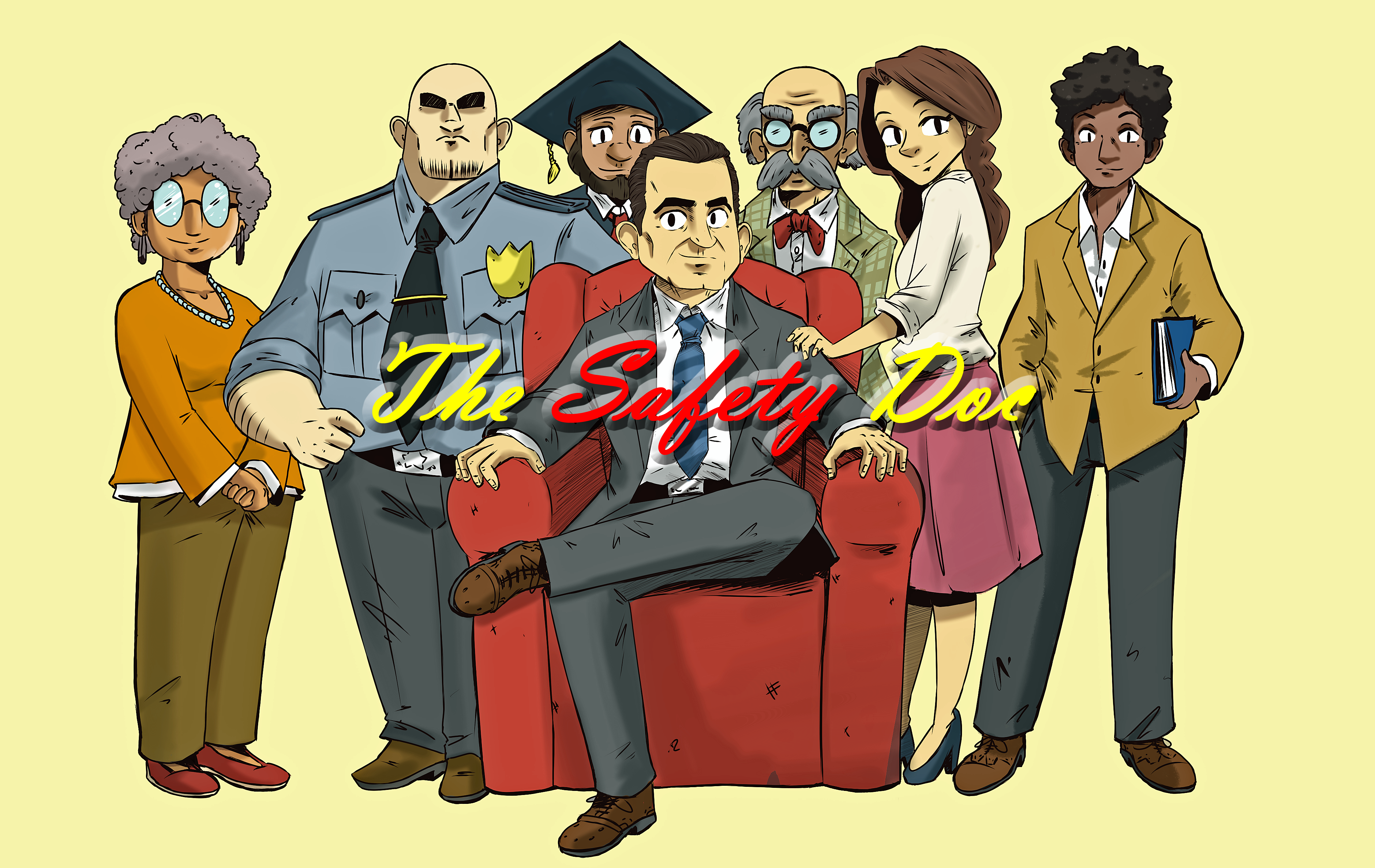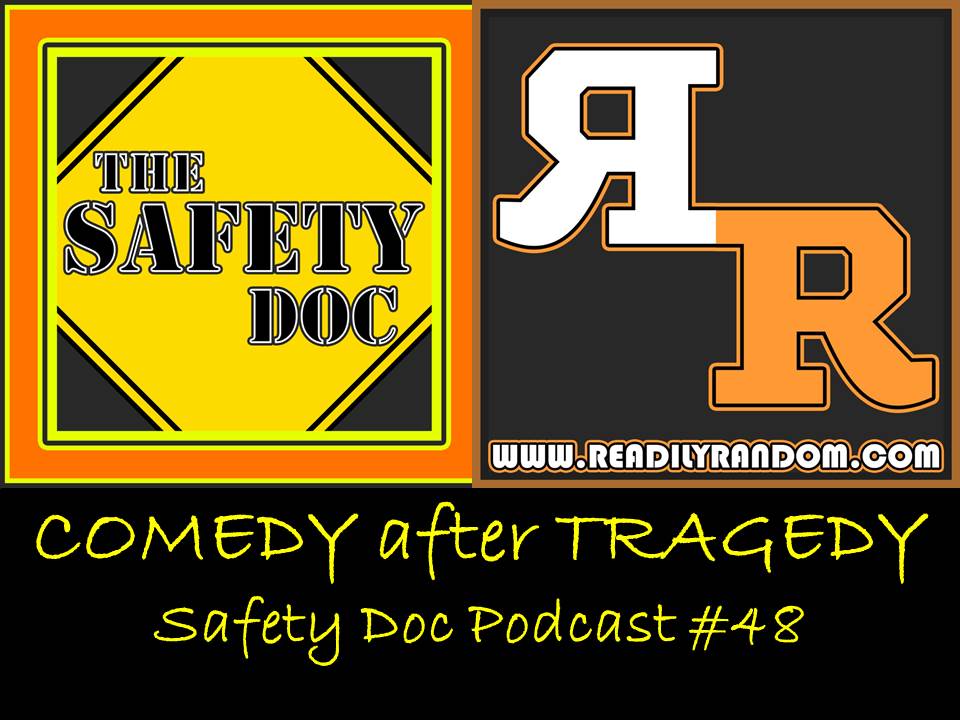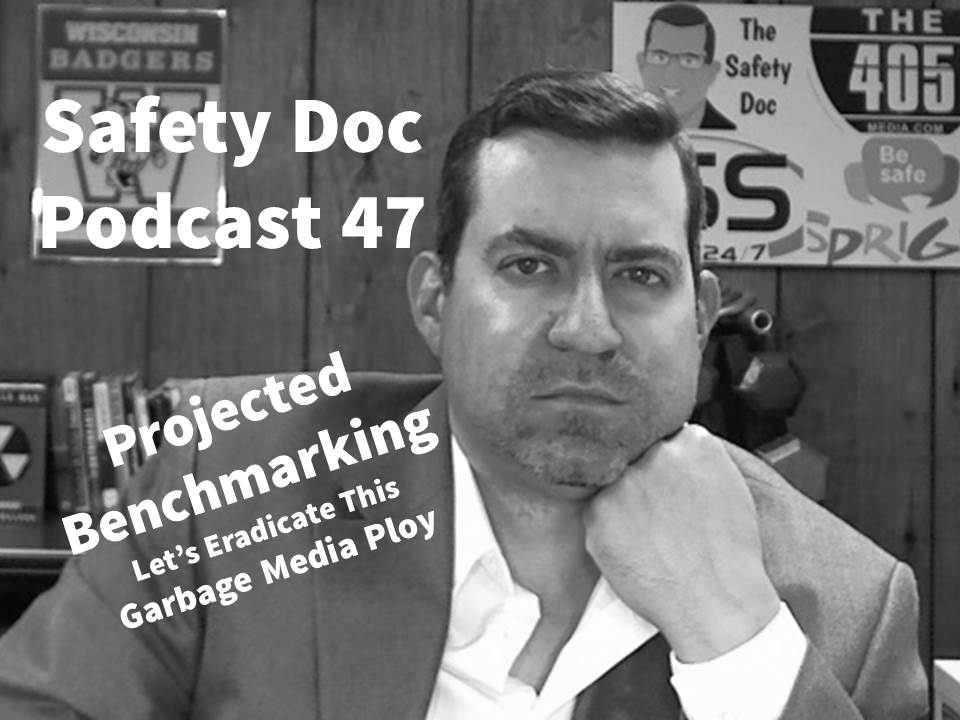Mental Health / Mental Well-Being
SAFETY DOC PODCAST 60: The 4 Self Awareness Archetypes – Introspection’s Fatal Flaw
PODCAST-To better understand the primary quadrants of self-awareness, Dr. Perrodin examines an exemplary article written by Tasha Eurich, PhD, of Harvard Business Review. She wrote “Self-awareness seems to have become the latest management buzzword — and for good reason. Research suggests that when we see ourselves clearly, we are more confident and more creative. We make…
Read MoreSAFETY DOC PODCAST 58: Video Gaming the System – Are Video Games a Debilitating Addiction?
PODCAST-Dr. Perrodin, PhD, sifts and winnows a pair of articles pertaining to the controversial pathologizing of video games as addictive behaviors warranting recognition by the World Health Organization and American Psychiatric Association. DIRECT LINK to MP3 of this Episode: https://tinyurl.com/SDP58 HOW GAMING ADDICTION BECOMES A MEDICAL DIAGNOSIS Gaming addiction and social media addiction are at the…
Read MoreSafety Doc Podcast #57: Irrational Desire for Perfection or Dread of Social Failure – Why are Younger Adults are so Depressed?
PODCAST – The overwhelming pursuit of perfection is driving young people into increased levels of depression and anxiety per a Yahoo article that referenced a study of over 41,000 college students between 1989-2016 in America, Canada and Great Britain. (Parker, 2018). In this episode of The Safety Doc Podcast, Dr. Perrodin centers his analysis and…
Read MoreSDP_054 The Mass Psychology of Disasters: 8 Findings That Don’t Fit the Narrative
PODCAST – Panic is far from being the typical reaction to disaster. Dr. Perrodin explains 8 findings about disaster response that doesn’t fit the typical narrative. For example, contagion behavior is simply copying the behavior of others and often leads to a sub-optimal outcome – so stop and recognize ALL options! He describes that crowd…
Read MoreSDP_050 Subjective Reality Versus Objective Reality
PODCAST-Subjective reality is “subject” to an elaborate set of filters, any one of which can modify a perception of that reality; sensory apparatus (e.g. the rods and cones in our eyes), sensory processing (e.g. the visual cortex), higher level brain function, and psychological factors (e.g. expectations). As such, what one person experiences is always different…
Read MoreSDP#049 The Humor Response – A Deeper Look
PODCAST-A person loses a loved one and smiles or laughs. Why? To the scientific eye, the seemingly misplaced humor manifestations reveal pain and regret. Dr. Perrodin explores popular theories of humor and demystifies the science behind laughter and discovers that laughter can be a formidable cognitive self-defense tool. This is known as Relief Theory. DIRECT…
Read MoreSDP_048 Comedy after Tragedy? Larry Roberts & David Perrodin
PODCAST-Tragedy obliterates comedy and lays a jagged landscape for podcasters to navigate as shows are judged in the context of the moment and not the context of the moment they were recorded. A misinterpreted posting of a show can become a viral social media wrecking ball. Readily Random’s Larry Roberts and The Safety Doc David…
Read MoreSDP_047 “Projected Benchmarking” – Garbage Media Ploys Following A Mass Shooting
Podcast-Dr. Perrodin explains how mass media irresponsibly portrayed the October 1, 2017, Las Vegas massacre as an act of evil that any of us could encounter, in any location, at any moment. In addition, false articles defeated algorithm “truth” filters, journalism was sacrificed for short-term ratings, the collective public anxiety rocketed with no efforts to…
Read MoreOne Question Predicted Emotional Breakdown Better Than Any Other – SDP#34
A WWII field psychiatrist found that infantry soldiers in the 5th Army survived a maximum of 238 aggregate combat days (ACD) before a fate of (1) physical casualty, (2) prisoner of war, or (3) psychiatric casualty. For the first time, it was realized that every soldier had a “finite voltage” and sooner or later would break – even if they appeared to have held up magnificently under incredible stress. This understanding demarked a sharp change in thinking that previously held that soldiers that “broke” under pressure did so only due to some psychological flaw.
Read MoreHow the Famous Robbers Cave Experiment Defines The Torus and Self Similarity – SDP#33
The simplest nonlinear science is The Torus and it governs our daily lives into expected routines. Learn what happens when contexts and situations beyond our control move us out of the patterned Torus and into unpredictable Chaos. It’s not what you think!
Read More


